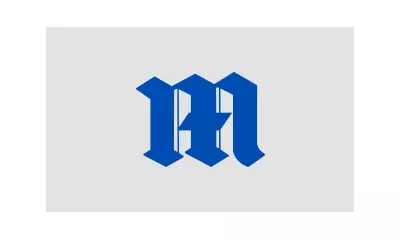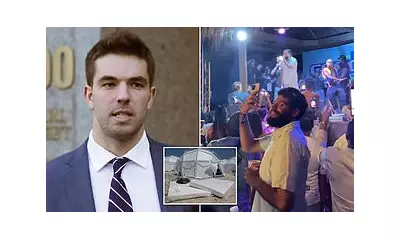
In what appears to be a carefully orchestrated political strategy, Donald Trump and his key allies are waging an unprecedented war against the very concept of objective truth. This disturbing trend sees established facts dismissed as 'fake news' while baseless conspiracy theories gain mainstream political legitimacy.
The Anti-Truth Playbook
The tactics employed by Trump, alongside vice-presidential candidate JD Vance and Britain's Nigel Farage, follow a recognisable pattern:
- Systematically dismissing verified information as politically motivated falsehoods
- Portraying themselves as victims of 'censorship' when facing legitimate scrutiny
- Creating alternative information ecosystems where unverified claims flourish
- Attacking the credibility of independent journalism and institutions
A Transatlantic Assault on Reality
This phenomenon isn't confined to American politics. Nigel Farage has masterfully employed similar tactics in the UK, particularly during the Brexit campaign, where claims that were widely debunked by experts nonetheless captured public imagination and shaped political outcomes.
The strategy represents a fundamental shift in political warfare. Rather than debating policy differences within a shared factual framework, these figures create parallel realities where inconvenient truths simply don't exist.
The Censorship Smokescreen
Perhaps most concerning is how accusations of 'censorship' have become a powerful weapon against accountability. When journalists fact-check false claims or platforms enforce terms of service, the immediate cry of 'censorship' serves to delegitimise scrutiny and portray critics as enemies of free speech.
This creates a dangerous environment where the line between protecting free expression and preventing the spread of harmful disinformation becomes increasingly blurred.
Democracy in the Balance
The long-term implications for democratic societies are profound. When citizens cannot agree on basic facts, meaningful debate becomes impossible. Political decisions based on false premises lead to disastrous policies, while public trust in democratic institutions erodes.
This assault on truth represents one of the most significant threats to modern democracy, creating a landscape where manipulation thrives and informed consent becomes impossible.
The battle for truth is no longer just about correcting individual falsehoods, but about defending the very possibility of shared reality against those who would weaponise disinformation for political gain.





